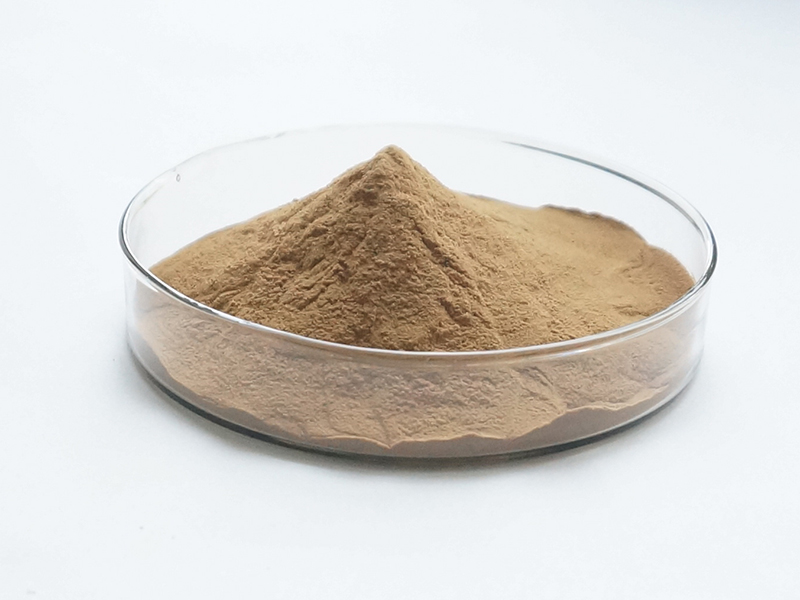Huperzine A is a natural compound derived from the Chinese club moss, Huperzia serrata, and is known for its potential cognitive-enhancing properties. Here’s a general outline of the materials and methods typically used for studying or extracting Huperzine A:
Materials of Huperzine A:
1.Huperzia Serrata (Chinese club moss):
Source of Huperzine A. It contains varying concentrations of the compound, typically higher in the aerial parts of the plant.
2.Solvents:
Organic Solvents: Such as methanol, ethanol, or acetonitrile, used for extraction of Huperzine A from the plant material.
Acids and Bases: Sometimes used to adjust pH during extraction processes.
3.Laboratory Equipment:
Extraction Apparatus: Soxhlet extractor or ultrasonic bath for extracting Huperzine A from the plant material.
Analytical Equipment: HPLC (High Performance Liquid Chromatography) or GC-MS (Gas Chromatography-Mass Spectrometry) for quantification and analysis of Huperzine A.

Methods of Huperzine A:
1.Extraction of Huperzine A:
Preparation of Plant Material: Drying and grinding of Huperzia serrata.
Extraction Process: Soxhlet extraction or ultrasonic extraction with suitable solvents (e.g., methanol, ethanol).
Concentration: Evaporation of solvent to obtain crude extract containing Huperzine A.
2.Purification of Huperzine A:
Chromatographic Techniques: Such as column chromatography or preparative HPLC to isolate and purify Huperzine A from other components of the extract.
3.Analysis and Quantification:
HPLC Method: Utilization of a validated HPLC method for quantifying Huperzine A in the extract.
GC-MS Confirmation: Optionally, GC-MS analysis to confirm the identity of Huperzine A.
4.Characterization:
Spectroscopic Techniques: NMR (Nuclear Magnetic Resonance) spectroscopy, IR (Infrared) spectroscopy, or mass spectrometry for structural elucidation of Huperzine A.
5.Bioassays and Pharmacological Studies:
In vitro assays: Testing the biological activity of Huperzine A on acetylcholinesterase inhibition or other relevant targets.
In vivo studies: Assessing the cognitive effects in animal models or clinical trials in humans.

Notes of Huperzine A:
Safety Precautions: Handling organic solvents and plant material requires proper ventilation and adherence to safety protocols.
Ethical Considerations: If involving animal or human subjects in studies, ethical approval is necessary.
Standardization: Ensuring consistency in extraction and analysis methods to maintain reliability and reproducibility of results.
These materials and methods provide a structured approach to studying Huperzine A, from extraction to characterization and pharmacological evaluation, aiming to understand its potential benefits and applications in cognitive health.
